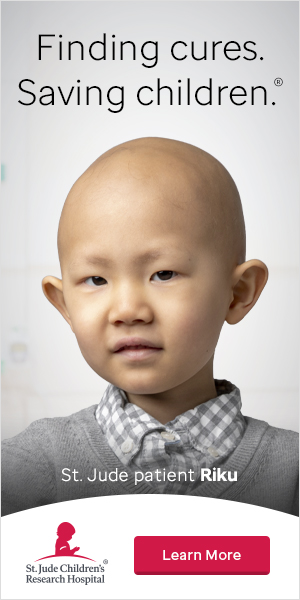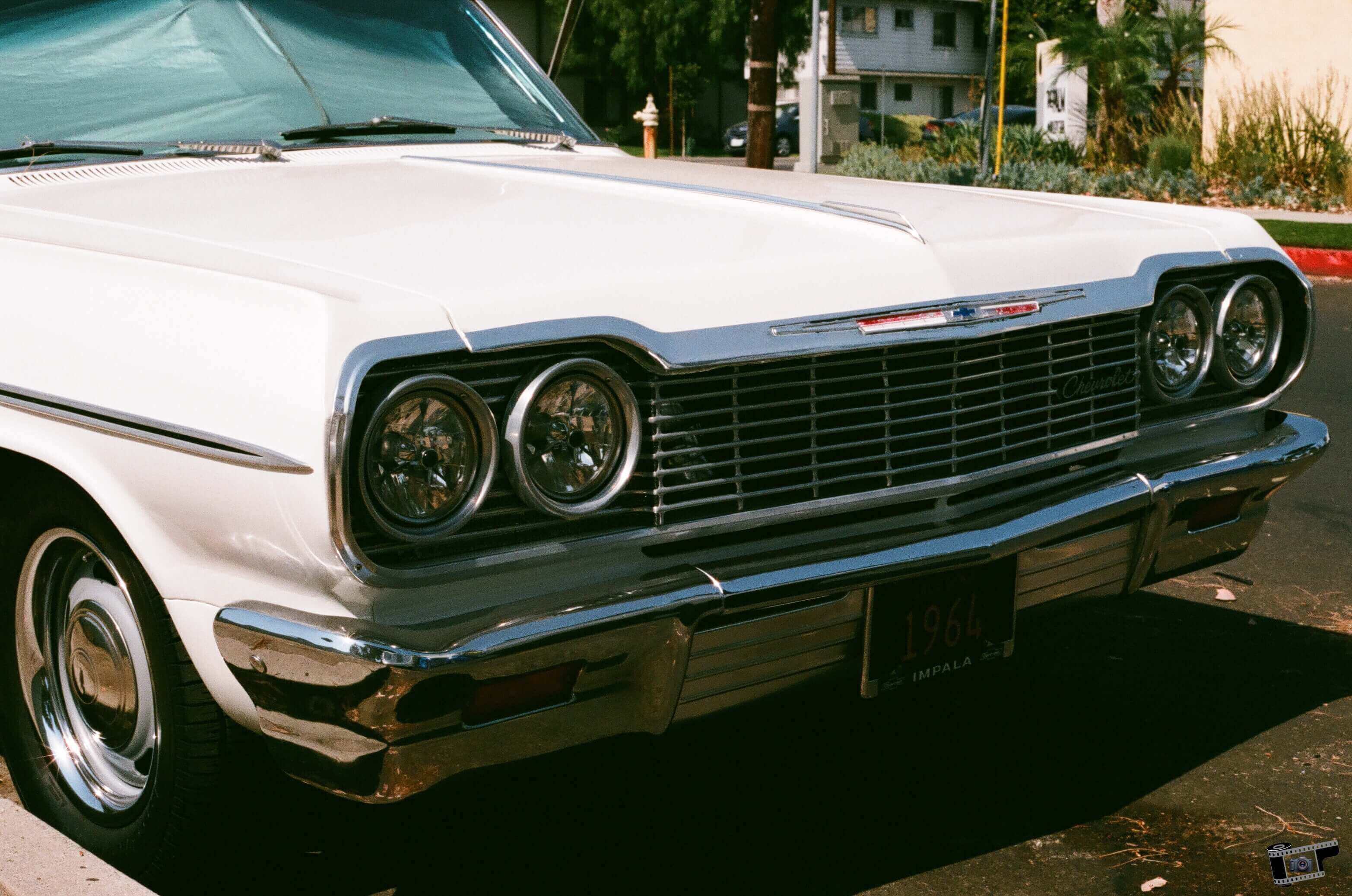
Got Lucky: Maximizing Exposure to Life Changing Serendipity
Unfortunately life isn't a level playing field, everyone has different strengths & weaknesses inherently, not to mention circumstances being different. Luck is the residue of due diligence, fair play & unfair advantages.
In any situation where a single event can create massive good luck, you simply need to maximize your exposure to possible good luck situations & wait for one to come along.
Getting Lucky & Luck Exposure
The Da Vinci Code is one of the most successful books ever written, having sold over 80 million copies since being published in 2003. But Dan Brown, the author, struggled leading up to it. Digital Fortress, Angels & Demons, & Deception Point, the three books he published before The Da Vinci Code, each originally sold less than 10,000 copies.
When you read them, you’ll notice something interesting: The Da Vinci Code isn’t a clearly better book than the rest. If you were to take all four, give them to a group of people unfamiliar with Dan Brown’s work, & ask them which of the four would go on to be an international bestseller, it’s unlikely that they would be able to predict Da Vinci Code with reliable accuracy.
So what’s the difference? Why did Da Vinci Code succeed where the other three failed? Once a book passes a tipping point, the sales are self-propagating from lists, interviews, & articles. But getting to that tipping point, as with reaching any massive success, that requires a bit of luck.
Definition of Getting Lucky
What does “getting lucky” even mean? We typically use it to explain away someone’s success or status, as a way to make us feel better for not hitting that same level, or to justify inaction.
If you check Instagram & your friend is suddenly galavanting around the world after their boutique poodle scarves went viral, you might say they “just got lucky” to justify why they get to have fun while you’re stuck behind a desk making PowerPoint presentations.
While they likely did get a little lucky (I imagine the poodle scarf market is very competitive), you can’t attribute your differences in outcomes to that luck. The reason they got lucky & you didn’t is that they exposed themselves to more opportunities to get lucky.
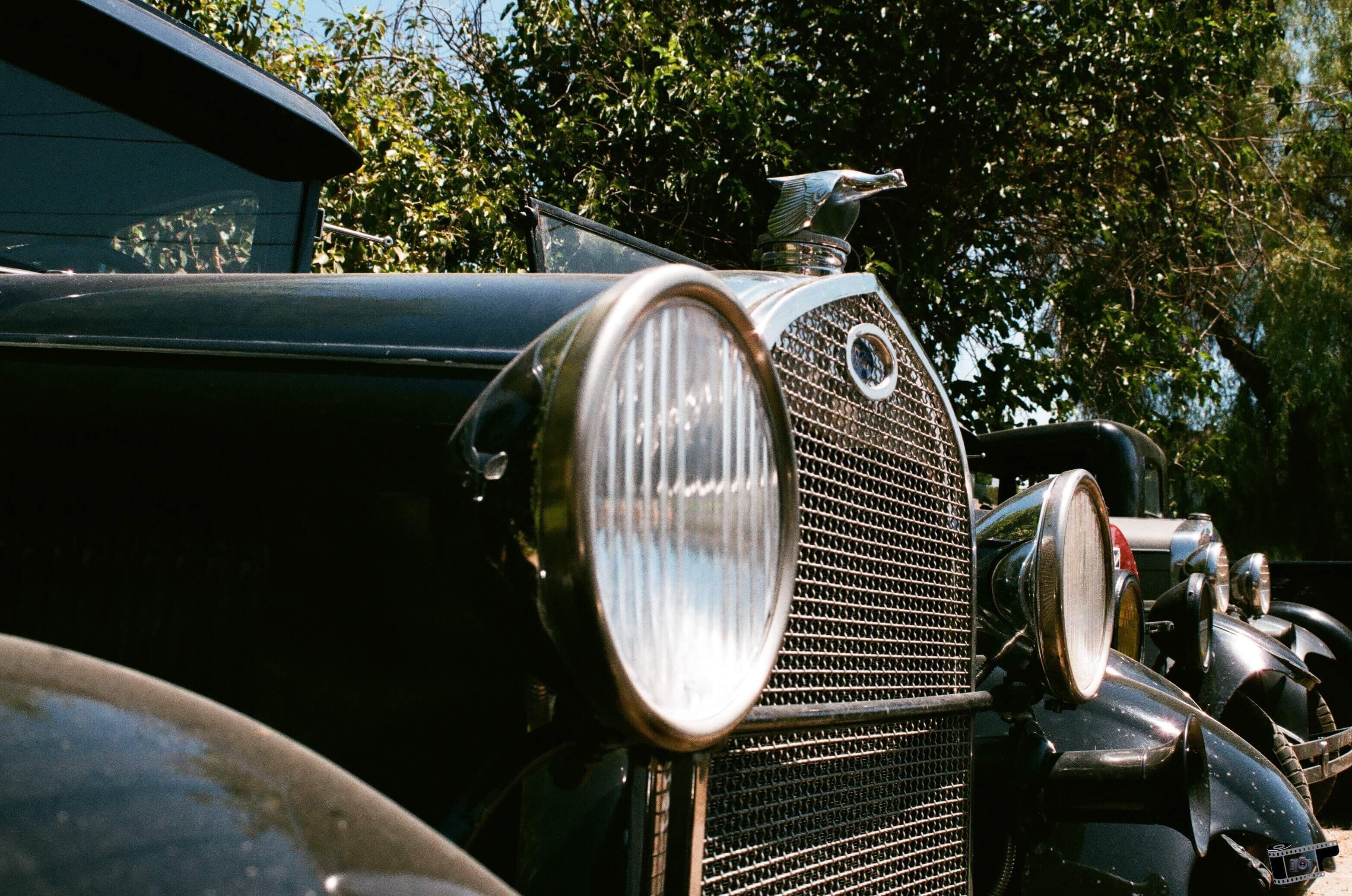
Let’s imagine the best case scenario for another one of our PowerPoint-presenting friends. They do their job, work hard, & when (if) they get recognized for their efforts, they get a nice bonus, say, 10%, & a raise of 20% for the next year.
This is their best case, & even that requires a bit of luck. They had to get on a project where they could show their talents, needed a manager they got along with, etc. The maximum good luck they exposed themselves to was the 10% bonus & 20% raise. There was no possibility of getting super lucky & suddenly doubling their daily income, but there is the possibility of getting unlucky & losing all of their income.
The poodle scarf designer, though, has a significantly higher range of potentially lucky outcomes. She might not increase her income at all in a year, but if Oprah suddenly decides to get a poodle & that it needs a wardrobe of scarves, our friend’s income could go up 1,000% in one month. While you could be annoyed that you didn’t get lucky in the same way your friend did, you can’t complain. You didn’t give yourself the same opportunities to get lucky.
Negative vs. Positive Luck Exposure
I particularly like to drive, although that might not be everyone's purview. Every time you get into a car, there is no chance of something incredibly good happening to you (specific to getting in the car), but there are many things incredibly bad that could happen to you. A small child could run out & become your hood ornament, you could hit some ice & skid into a wall, it could break down & run you $2,000 in repairs. There is a chance (albeit very low) that something very bad will happen every time you get in a car, but there is almost no chance of something great happening. Your total luck exposure for car driving is net-negative.
Now let’s look at the PowerPoint wizard through a similar lens. They can get unlucky in one massive way: getting fired, but they can only get lucky in much smaller ways: getting a raise, bonus, or promotion. The biggest way they can get lucky is in getting another job, but even that is unlikely to more than double their income unless they make a move like associate to partner.
Their luck exposure is somewhere between negative, neutral, or very-low-positive. While it’s more likely that a good thing will happen in a given time period, the bad thing is significantly worse when or if it happens.
So let’s consider the poodle scarf manufacturer again. Assuming she built her business intelligently, didn’t make an insane upfront investment, & dropships her orders, she’s never exposed to a large potential loss. She could have even taken the first round of orders & used those to fund the first round of production, never taking a financial risk at all. With her business staying steady, she’s never exposed to a huge loss, since the worst thing that could happen is no sales come in, in which case she places no orders. A small chance for a small loss.

But, while she has that small chance for a small loss, she also has a small chance for a massive gain. Remember the Oprah situation where your friend’s business 10x’s overnight. Is it likely? No, but it’s possible, & there are much likelier ways she could get lucky & suddenly become significantly better off. Her bad luck situation is less bad than the PowerPointer, & her good luck situation is magnitudes better. She has a positive luck exposure (or positive black swan exposure) & that’s the key for how to get lucky.
How to Expose Yourself to Good Luck
If you want to get lucky in anything, then you need to maximize your positive luck exposure while minimizing your negative luck exposure.
To maximize your positive luck exposure, work & play in domains where a good luck event can have a massive impact. Your boss is unlikely to walk in & say “Congrats! You get a 1,000% raise today!” but if you write a book & it hits the NYT list you could certainly see a 1,000% earnings increase. Dan Brown likely received something on the order of a 100,000% increase.
A product that can provide a large return that is not linearly tied to the time put into it is significantly more likely to lead to massive financial luck. As long as your income is tied to working a certain number of hours, you don’t have that kind of positive luck exposure.
Some domains that are open to massive sudden good luck (positive black swans):
- Income (entrepreneurs, creatives)
- Books or albums sold
- Website visits
- Social (Instagram, LinkedIn, etc.) connections
- Company valuation
- App downloads
- Stock price
- People met (quality)
The most important quality of these domains is that there is no linear relationship between time & success. They “scale” better than their lower exposure counterparts. You could put a ton of time in & fail, but you could also put in a salaried person’s time for an inordinate amount of success.
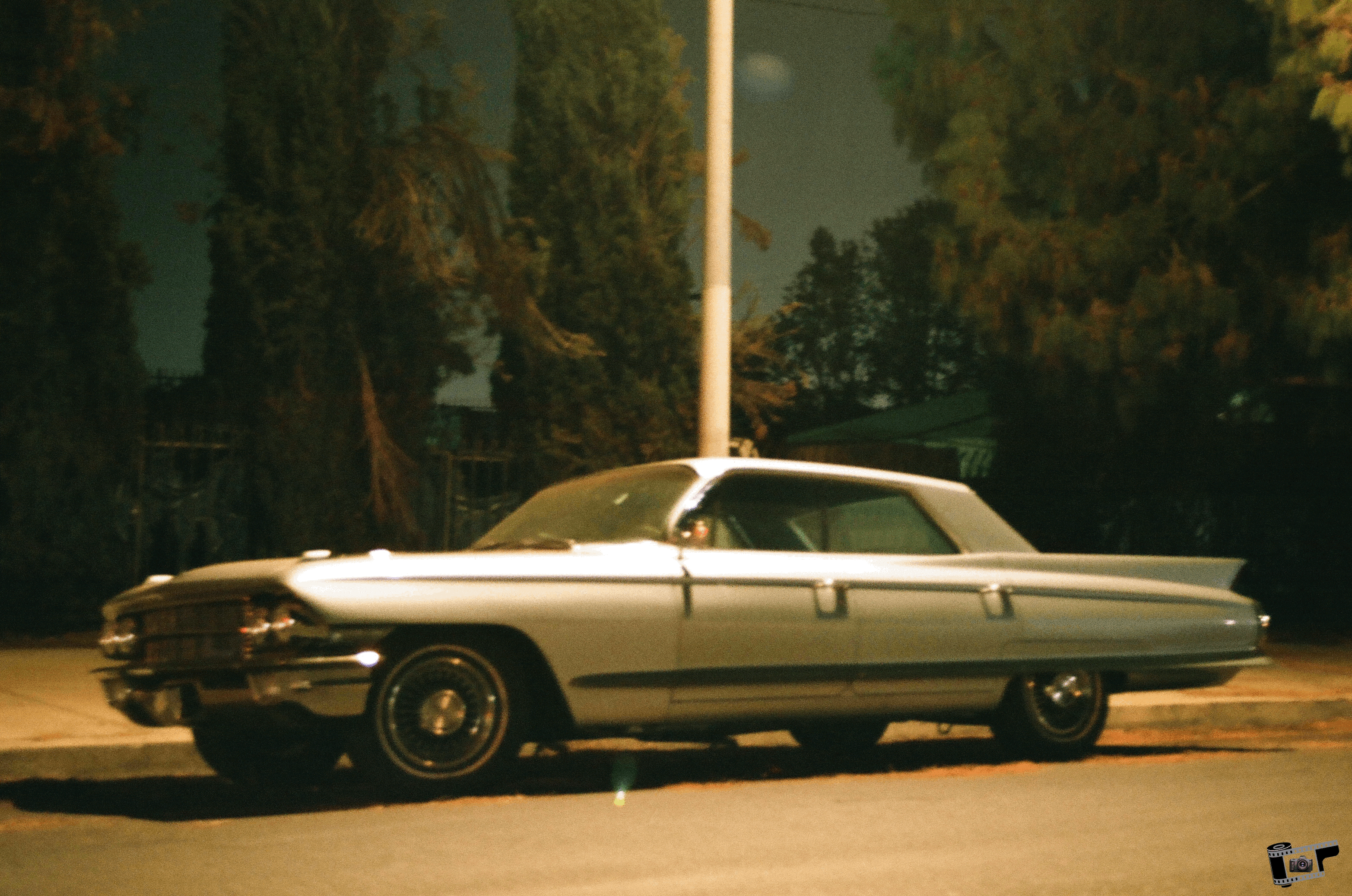
Then there are the domains with no, or very little, opportunities for massive sudden good luck:
- Income (salaried, freelancer)
- Factory output
- Books read
- Books or albums created
- People met (quantity)
Moving out of limited good luck domains into potentially massively lucky ones isn’t enough, though. Once you’re in those high good luck potential domains, you still need to act in ways that increase your likelihood of having a massive good luck event.
How to Get the Good Luck Events
Dan Brown’s first three books failed (until Da Vinci Code succeeded & brought them with it), but each of them had a chance at hitting the bestsellers list. With each new book, he created another opportunity to get suddenly massively lucky, & each new book increased the odds since he brought some of his existing audience with him from one to the next
Intelligent entrepreneurs rarely sit in a room, think of a company idea, & then go build it with no deviation from the plan. They are constantly testing ideas, seeing what works & what doesn’t, & exposing themselves to opportunities for their business to take off while quickly killing off the parts that don’t.
You could approach writing the same way. Each article you publish is an opportunity for your site to suddenly become massively popular. Odds are that 20% of your articles will contribute 80%+ of your traffic, so each new one you publish could be the one that goes viral & puts you on the map.
The luck-seeker increases his or her odds of getting lucky by creating as many opportunities as reasonably possible for good luck to strike. So long as luck is at play, you cannot simply put one thing out there & hope it does well. You can’t try just one business idea, can’t write just one book, can’t publish just one article. You have to keep going, assume that some things will perform while others won’t (for reasons you’ll never understand), & wait.
But the same principles of action can apply in a domain that domain isn’t prone to sudden massive luck. On the off-chance that you saw the title & thought I was going to tell you how to get laid, well, this plays in there as well.
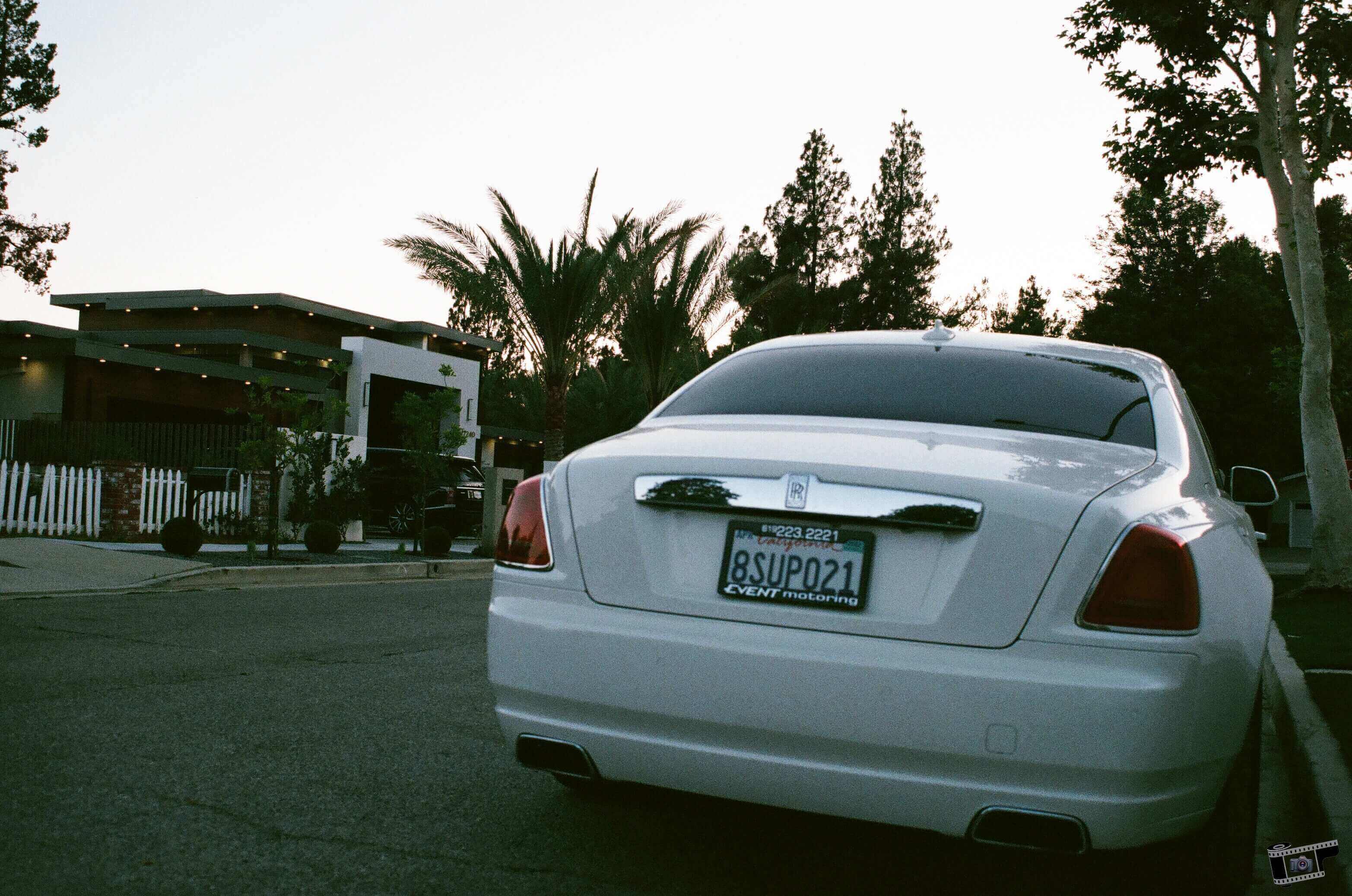
Luck is the residue of due diligence, fair play & unfair advantages. In any situation where a single event can create massive good luck, you simply need to maximize your exposure to possible good luck situations & wait for one to come along.
“I am addicted to crunchy rice. When you make rice in a lot of cultures, people fight over the bottom of the pot, that burnt bit. It’s pegao to Puerto Ricans ~ pegao means stuck together ~ & concon to Dominicans, or in Korea it’s nurungji. I love that shit. I think all the Rice Krispies I had early on did me in. In Japan we went to Tokyo’s Koreatown after one of my shows, & I had bibimbap where they flipped it & put all the crunchy rice that forms on the bottom of the hot stone bowl on the top as they served it. I was just eating humongous squares of crispy rice with my chopsticks ~ the biggest piece of nurungji I’d had in my life. If there was a way to make the entire rice like that, it would be life ~ changing.” ~ Curated Excerpt From: Action Bronson. “Fuck, That’s Delicious.” Apple Books.
Curated via Nat Eliason. Thanks for reading, cheers! (with a glass of wine of course)

2018 Ca Brigiano Amarone Della Valpolicella Docg
Producer: Amarone Della Valpolicella, Veneto, Amarone, Italy
"Amarone is Italy's most full-bodied red wine. Grapes are dried after picking for a higher concentration of sugars & richness. Expect a ton of dark fruits, jammy undertones, earth & oak all in the same taste! These wines need rich foods to pair along side of them. Steaks, sauces, & any other powerful foods will go well with a wine like this!" ~ 98 Points ~ Luca Maroni ~ Annuario dei Migliori Vini Italiani
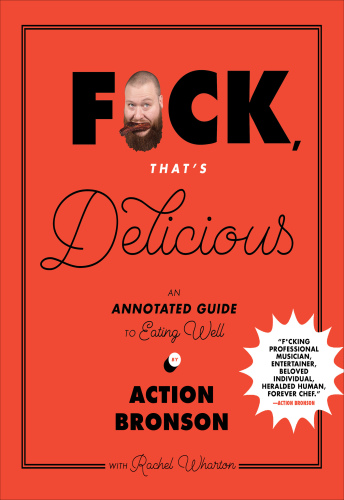
Fuck, That's Delicious: an Annotated Guide to Eating Well
By: Action Bronson, Johnny Sampson, & Rachel Wharton
New York Times bestseller & Winner of the IACP Cookbook Design Award. This ain’t no cookbook. This ain’t no memoir. This is Action Bronson’s devotional, a book about the overwhelming power of delicious ~ no, f*cking amazing ~ food. Bronson is this era’s Homer, and F*ck, That’s Delicious is a modern-day Odyssey, replete with orgiastic recipes, world travel, siren songs, and weed.
Illustrated, packed with images, and unlike any book in the entire galaxy, Bronson’s F*ck, That’s Delicious includes 40 ~ plus recipes inspired by his childhood, family, tours, and travels. Journey from bagels with cheese that represent familial love to the sex and Big Macs of upstate New York fat camp and ultimately to the world’s most coveted five-star temples of gastronomy. And the tacos in LA. The best Dominican chimis. Jamaican jerk. Hand-rolled pasta from Mario. Secrets to good eating from Massimo. Meyhem Lauren’s Chicken Patty Potpie. And more! more! more!

